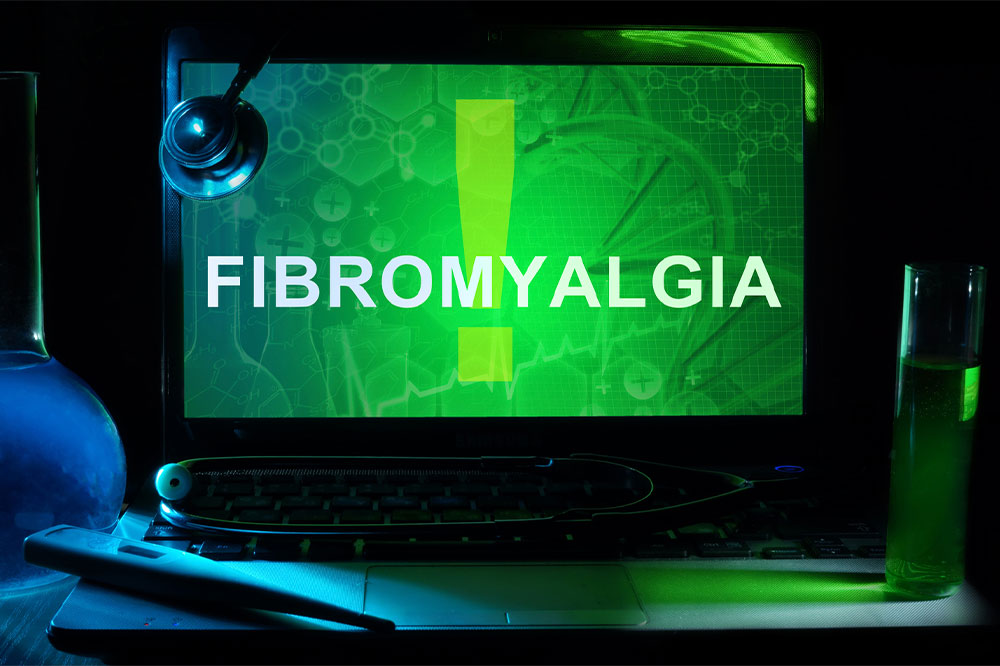Comprehensive Guide to Metastatic Breast Cancer and Treatment Options
This article offers a comprehensive overview of metastatic breast cancer, including its signs, symptoms, and available treatment options. It emphasizes early detection, ongoing management, and the importance of medical consultation. With advancements in therapies, patients can expect improved quality of life and hope for future cures for this advanced stage of breast cancer.

Metastatic breast cancer represents the most advanced stage of the disease, where cancer cells have spread beyond the breast to organs such as the lungs, liver, or brain. Even after successful initial treatment, some cancer cells may remain dormant and later grow, leading to recurrence. This stage can develop after treatments for stages one through three. Approximately 154,000 women in the U.S. are affected by metastatic breast cancer.
While early-stage breast cancer treatments aim to eradicate cancer cells, complete removal cannot be guaranteed. Recognizing symptoms is crucial:
Breast lumps or changes in texture, such as puckering or dimpling
Altered breast size or shape
Nipple discharge, rash, or change in nipple position
Symptoms depend on where the cancer has spread. For brain involvement, signs include headaches, seizures, behavioral changes, vision issues, vomiting, and nausea. Lung metastasis may cause shortness of breath, coughing blood, chest pain, and fatigue. Liver spread could lead to pain, bleeding, skin rash, nausea, loss of appetite, and yellowing of the skin. Recognizing these signs early and consulting a physician is vital.
As metastatic breast cancer is difficult to cure, treatment focuses on slowing progression and improving quality of life. Options include:
Hormone therapy: Treats hormone receptor-positive cancers by reducing estrogen and progesterone levels.
Targeted therapy: Drugs like Trastuzumab, Pertuzumab, Ado-trastuzumab Emtansine, Lapatinib, and Everolimus are used against HER2-positive cancers.
Chemotherapy: Uses high-energy drugs to destroy cancer cells and shrink tumors.
Regular monitoring through scans helps tailor treatments. Side effects are managed with medical advice, and breaks can be arranged for special occasions. Maintaining a healthy lifestyle, staying positive, and supporting network are essential. Early detection and treatment advancements offer hope for better management and potential future cures.










